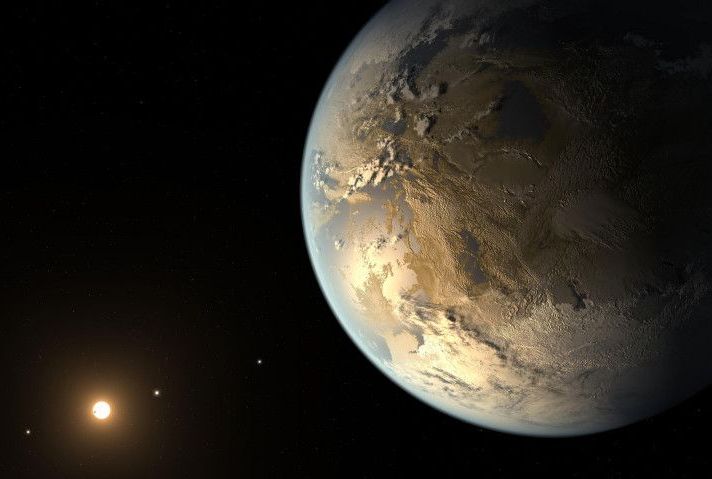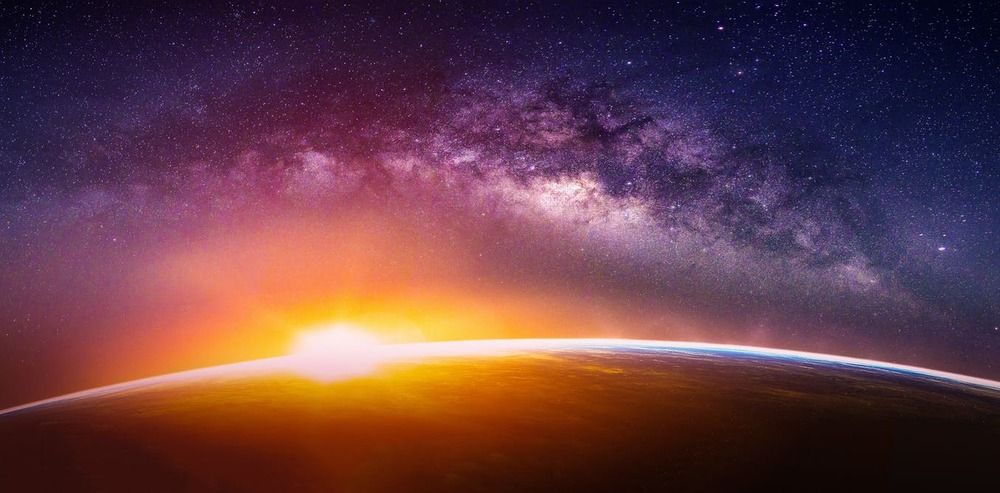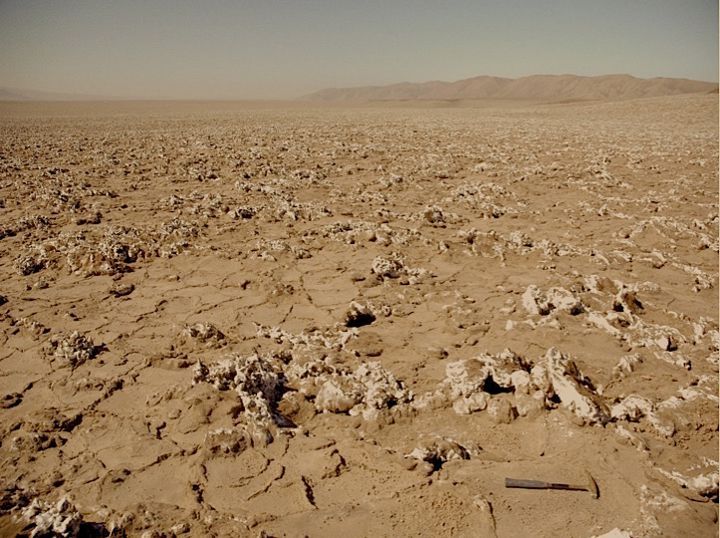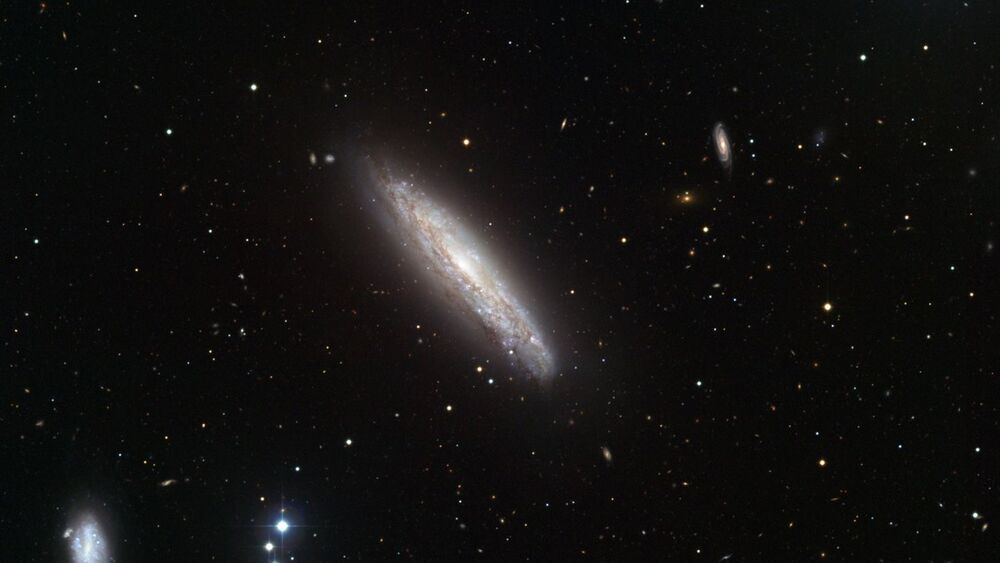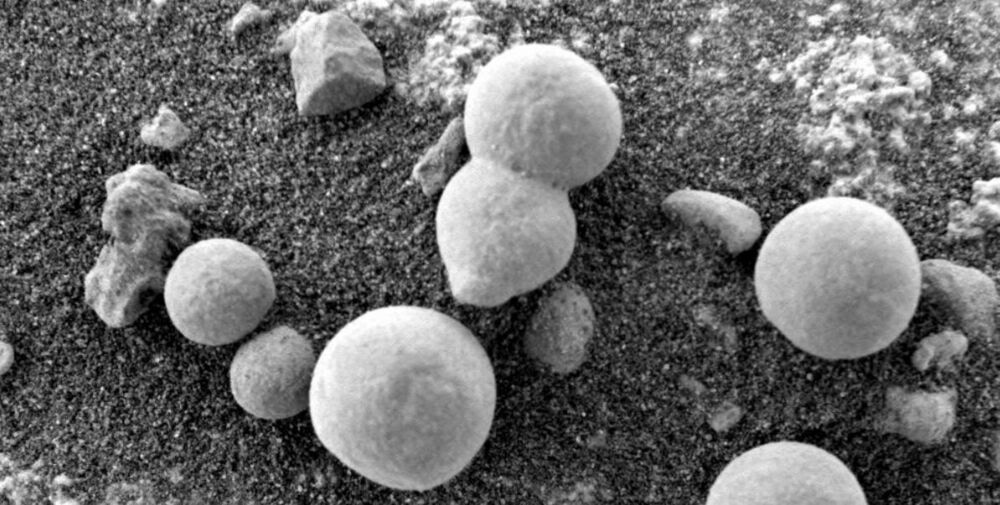From a purely scientific frame of reference, many quantum phenomena like non-local correlations between distant entities and wave-particle duality, the wave function collapse and consistent histories, quantum entanglement and teleportation, the uncertainty principle and overall observer-dependence of reality pin down our conscious mind being intrinsic to reality. And this is the one thing the current physicalist paradigm fails to account for. Critical-mass anomalies will ultimately lead to the full paradigm shift in physics. It’s just a matter of time.
With consciousness as primary, everything remains the same and everything changes. Mathematics, physics, chemistry, biology are unchanged. What changes is our interpretation as to what they are describing. They are not describing the unfolding of an objective physical world, but transdimensional evolution of one’s conscious mind. There’s nothing “physical” about our physical reality except that we perceive it that way. By playing the “Game of Life” we evolved to survive not to see quantum mechanical reality. At our classical level of experiential reality we perceive ourselves as physical, at the quantum level we are a probabilistic wave function, which is pure information.
No matter how you slice it, reality is contextual, the notion that immediately dismisses ‘observer-independent’ interpretations of quantum mechanics and endorses the Mental Universe hypothesis. But we have to be careful here not to throw the baby out with the bathwater, so to speak. I’d like to make a very important point at this juncture of our discussion: Mental and physical are two sides of the same coin made of information. Both should be viewed as the same substance.
